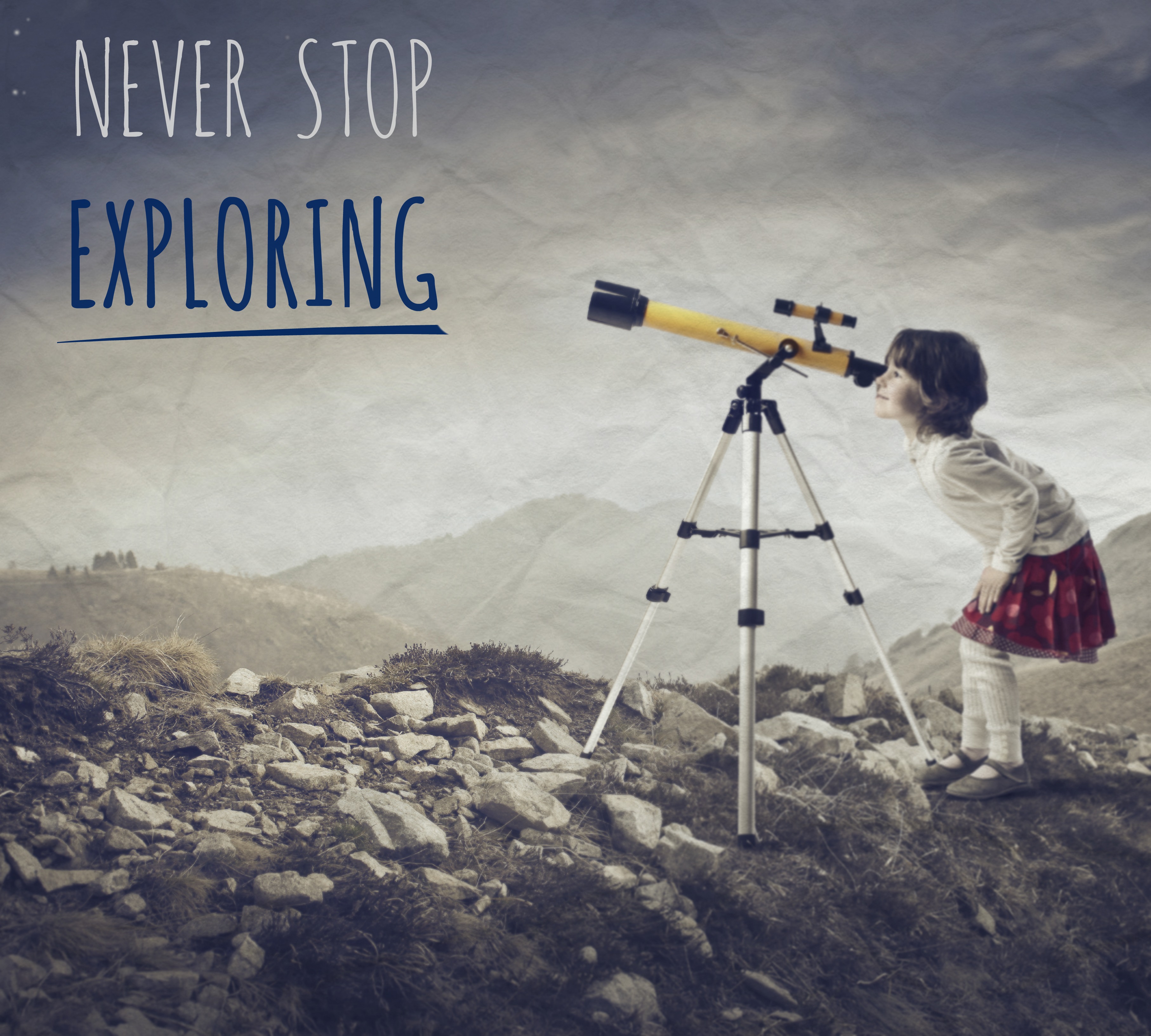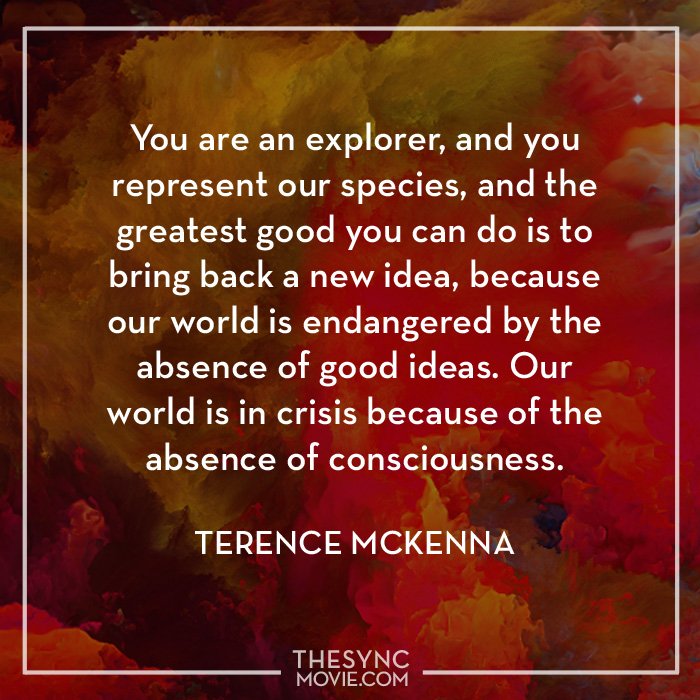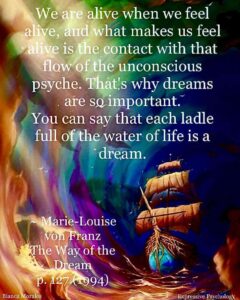“Consciousness can only exist through continual recognition of the unconscious…” ~Carl Jung, Archetypes of the Collective Unconscious, Par 178.
What does it mean to be unconscious? It doesn’t mean we’re dull, socially clueless or lacking in intelligence, creativity or passion. It simply means we are so used to thinking and behaving in habitual ways that we’re minimally aware of inner forces that move us every day.
These forces include our shadow (potential our ego actively disowns, both positive and negative), our anima and animus (untapped feminine and masculine potential), and a wealth of other archetypes (inherited psychological patterns and images) including the Self (our core and circumference and our connection to sacred Oneness).
All these entities influence our thoughts, attitudes, and behavior; sometimes for good, sometimes for ill. If we don’t notice and reflect on why we’re thinking or acting the way we do, we miss valuable opportunities to develop our fullest potential.
For example, you and I are having a calm, civilized discussion about politics and you bring up your candidate’s take on a certain issue—say emigration, abortion or gun control—and suddenly I become indignant. So what brought that on? you wonder as I aggressively spout opinions about the rightness of my position and the wrongness of your candidate’s position.
The more I talk the more justified and self-righteous I feel in my indignation. I might even get frustrated and angry at you. My position feels perfectly reasonable to me. How could you not see things the way I do? I wonder. How could you vote for that terrible candidate? Meanwhile, you’re mystified by the heat of my response. You might have strong opinions too, yet you have no problem discussing them calmly.
 I’ve studied and thought about this issue. I think I know exactly why I believe what I do and I assume any rational person would feel the same way. But the truth is, I don’t really have a clue because I’ve never explored the inner forces that moved me to adopt my position in the first place.
I’ve studied and thought about this issue. I think I know exactly why I believe what I do and I assume any rational person would feel the same way. But the truth is, I don’t really have a clue because I’ve never explored the inner forces that moved me to adopt my position in the first place.
So what has happened? Something about the mention of this issue activated an unconscious complex of associated memories, attitudes, and emotions. Maybe my complex arose from an early wound—a parent’s cruel neglect, a dismissive attitude or unjustified accusation, a traumatic experience at school or church, a cruelty I suffered at the hands of another, a secret shameful act I once committed. Or maybe the issue reminds me of painful conflicts I’m currently suffering.
My ego doesn’t want to admit to anxiety or self-pity or suffering. I associate these feelings with weakness and victimization, so I ignore them. But now the pressure cooker into which I have stuffed my complex has boiled over. The floodgates separating my ego from my unconscious self have opened, my ego is swamped with emotion, and every cell in my body wants to fight or escape. This time, my instinct is to fight.
I don’t stop to wonder why. I’ve gotten so good at dismissing my anxiety as unimportant or unacceptable that I barely notice it. Nor can I see that my agitated response to you is uncalled for and hurtful.
If you bring this to my attention, I’ll deny any wrongdoing and believe the fault is yours. Later on I might wonder if I came across a little too strong, but unless I’m unusually reflective I’ll soon forget the incident and lapse back into unconsciousness. Sadly, my ego’s dualistic resistance to my unconscious self has once again won the day. And I’ve lost another opportunity to learn, grow and heal.
“The contemplative stance is the Third Way. We stand in the middle, neither taking the world on from another power position nor denying it for fear of the pain it will bring. We hold the dark side of reality and the pain of the world until it transforms us, knowing that we are both complicit in the evil and can participate in wholeness and holiness. Once we can stand in that third spacious way, neither directly fighting nor denying and fleeing, we are in the place of grace out of which genuine newness can come. This is where creativity and new forms of life and healing emerge.” ~Richard Rohr, Everything Belongs: The Gift of Contemplative Prayer, pp. 169-171.







0 Responses
Reblogged this on lampmagician.
Many thanks for your kind retweet!
Thank you for this Jeanie! This is another gem! I hope you are collecting these in a published book somewhere.
Thank you for your ongoing support and encouragement, Skip. It means so much to me. Well, my posts are collected on Word Press—all 493 of them—but I don’t have hard copies of all of them. And I haven’t started working on publishing a book of the best of them, although that’s always been an intention….maybe that should be my next project! 🙂
Thank you Jeanie. How often our complexes get tweaked! And what an opportunity to reflect on them.
I’m reminded for the moment of something that Elie Wiesel said – I can’t find the exact quote so I’m paraphrasing. There are times when we MUST take sides, we cannot be quiet in the face of injustice. I know that this is not what the Third Way advocates either. Somehow we have to know where we stand. Contemplation of all that is, our collusion and complicity as well, would help us in this regard is my hope.
An excellent point, Susan. As you suggest, ‘Contemplation of all that is,’ or, the ability to see the Big, holistic picture, and not just one’s pet preferences, is certainly essential to knowing where we stand, and standing there in a way that is helpful and healing to all is essential.
Unfortunately, there are some very diseased minds who firmly believe they know what’s best for everyone and who commit unspeakable evil in that belief. It’s always been so. Perhaps it always will be. Ultimately, as Lao Tzu says, all you and I can do is to give the world the only gift we have to give that will make a difference in the long run: our own self-transformation. This is my hope.
Dr. Jung said, “Here we follow, quite naturally, the principle of non-resistance to all superior forces, up to a certain individual limit, beyond which the most peaceful citizen becomes a bloody revolutionary.” “The Relations Between the Ego and the Unconscious,” _Two Essays on Analytical Psychology_, ¶395.
Beautiful. A perfect quote to shed more light on this issue of keeping to the middle way. There are times when, as Susan notes, one must take a stand, and to not take a stand is a betrayal of one’s soul. To do otherwise is to be less than human. However did you find that particular citation? Well done, and thanks.
LOVE this piece! Thank you. I’m going to print it out to keep with the manuscript that I’m currently working on titled “The Intolerance of Home: Or is it Me?” Blessings!
Thank you, Darla. I’m proud to know this post will be of help with your manuscript! Best of luck with it! Blessings back!
This is where I pause (most of the time): “my ego is swamped with emotion, and every cell in my body wants to fight or escape,” For me, the bodily reaction is strong. My belly clenches. My face flushes. I feel disoriented and unable to think or articulate. I’d love to run or dissociate or defend (if I could only think of the right words). That’s when I know I have no choice but to turn to face my inner darkness which I’ve tried so hard to escape. Thank you, Jeanie.
Thank you, Elaine. Your description of how it feels to be swamped by a complex is perfect. It’s the same for me. Especially the confusion and difficulty understanding what’s happening well enough to put it into words. If it happens in a conversation and if I can see it soon enough, I can sometimes find the presence of mind to say something like, “I’m feeling very uncomfortable, (or anxious, or stressed out, or agitated, etc.) and need some time to think about it, (or calm down). Can we talk later?” or something like that.
The best resolutions always occur when I can see and admit to my contribution to the problem early on. Then instead of things escalating, they can be treated lightly and laughed about. This mindfulness in the moment has been one of the biggest payoffs of inner work.